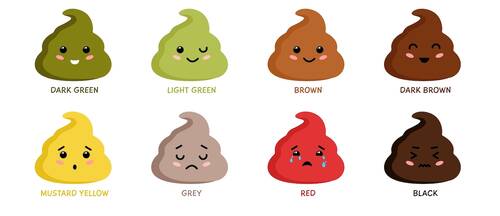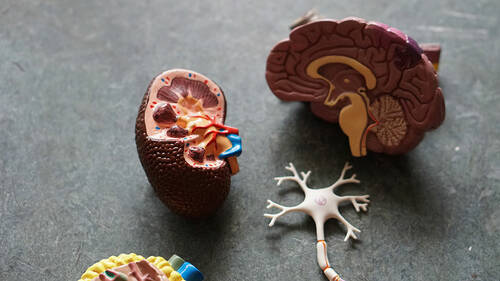1. Sugary Snacks and Sodas:
Excess sugar consumption can lead to weight gain and increase the risk of type 2 diabetes and heart disease. Minimize your intake of sugary snacks, candies, and carbonated beverages to support stable blood sugar levels.
2. Processed Meats:
Processed meats like bacon, sausages, and deli meats are often high in sodium and unhealthy fats. They are also linked to an increased risk of heart disease and certain cancers. Opt for lean, unprocessed protein sources like poultry, fish, and legumes.
3. High-Sodium Foods:
Excessive salt intake can raise blood pressure and contribute to cardiovascular issues. Limit foods that are high in sodium, such as canned soups, packaged snacks, and processed frozen meals. Use herbs and spices to season your food instead.
4. Trans Fats:
Trans fats, often found in partially hydrogenated oils, can raise LDL (bad) cholesterol levels and increase the risk of heart disease. Check food labels for trans fats and avoid products that contain them.
5. Refined Grains:
Refined grains like white bread, white rice, and sugary cereals lack the fiber and nutrients found in whole grains. These foods can lead to blood sugar spikes and provide less nutritional value. Choose whole grains like brown rice, whole wheat bread, and quinoa instead.
6. Excessive Alcohol:
While moderate alcohol consumption may have some health benefits, excessive drinking can lead to various health issues, including liver problems and an increased risk of falls. Limit alcohol intake to a moderate level, or consider abstaining altogether.
It's important to note that individual dietary needs can vary based on health conditions and personal preferences. Consult with a healthcare provider or registered dietitian for personalized dietary recommendations that address your specific needs and goals as you age. Making informed food choices and maintaining a balanced, nutrient-rich diet can help you age with grace and enjoy a higher quality of life in your later years.












